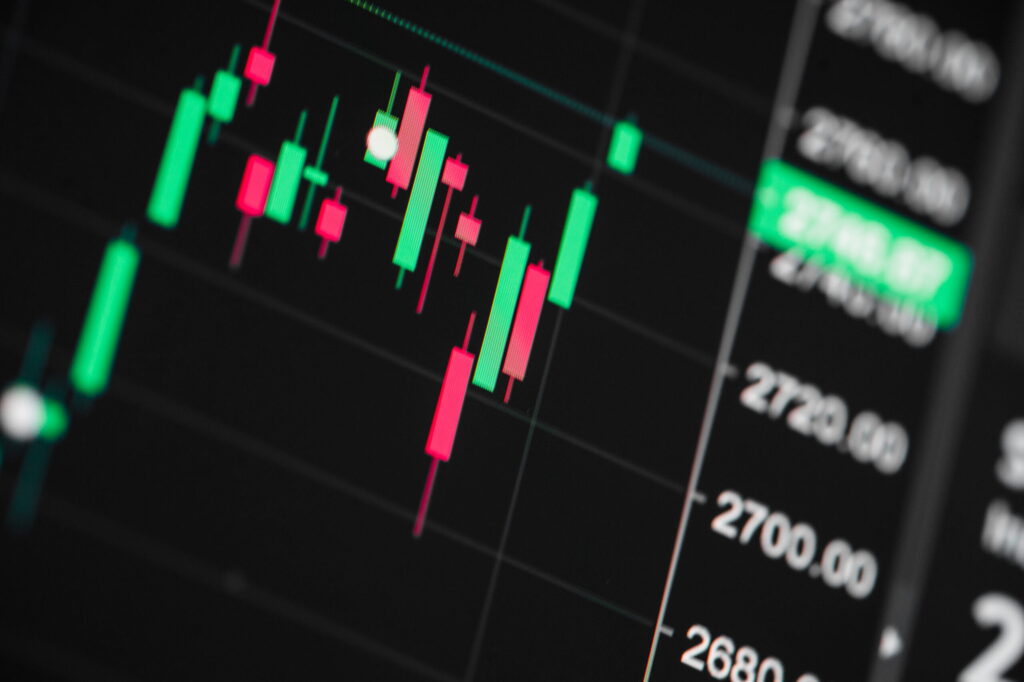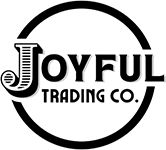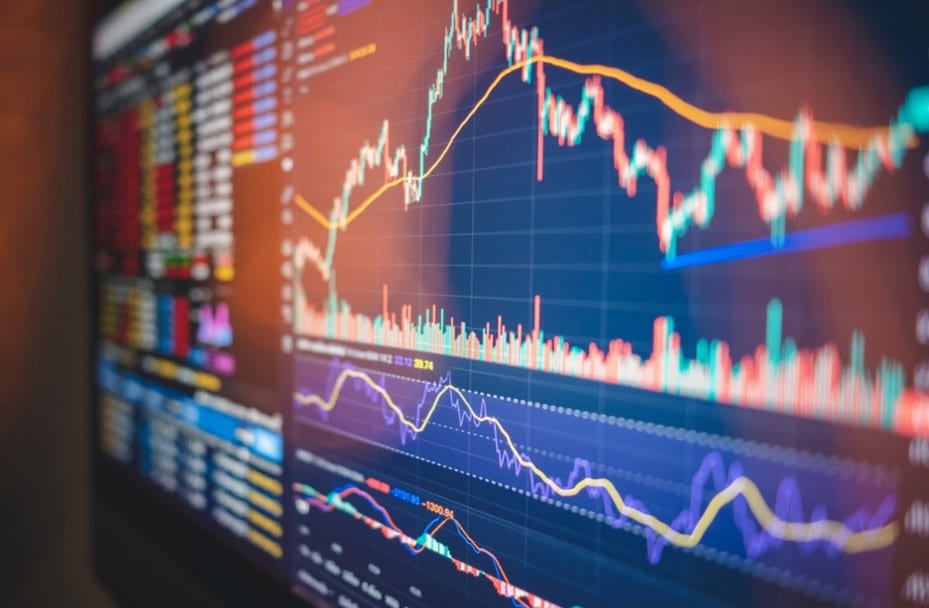Stock Brokers vs. Forex Brokers: The Major Differences
It’s essential to recognize that stock brokers and forex brokers operate within different markets. Stock brokers facilitate the buying and selling of stocks, which are shares of ownership in a company. These transactions typically occur on stock exchanges like the New York Stock Exchange or NASDAQ. In contrast, a forex broker specializes in the foreign exchange market, where currencies are traded in pairs such as EUR/USD or GBP/JPY. The forex market is decentralized and over-the-counter, meaning it lacks a central exchange and operates 24/7, making its dynamics vastly different from stock markets.

Differences in Regulatory Environments
Another critical distinction lies in the regulatory frameworks governing stock and forex brokers. Stock brokers must adhere to the strict regulations of the stock exchanges and financial authorities in their respective countries. In the US, for example, stock brokers are overseen by agencies like the Securities and Exchange Commission (SEC) and the Financial Industry Regulatory Authority (FINRA). Forex brokers, on the other hand, may be subject to less stringent regulations, especially if they operate in countries with more lenient financial oversight. Potential forex traders should carefully assess a forex broker’s regulatory status to ensure the safety of their investments.
Commission Structures and Fees Explained
When considering brokers, understanding the commission structures and associated fees is crucial. Stock brokers usually charge a commission on each trade, either as a flat fee or percentage of the transaction value. Many platforms also offer zero-commission trading, though they may include hidden fees elsewhere. Forex brokers commonly use a different model, often profiting from the spread—the difference between the buying and selling price of a currency pair. Some forex brokers might charge a commission per trade, but this is less common. Investors should assess these costs to choose a broker that aligns with their trading strategy.
Tools and Platforms for Traders
Lastly, the tools and platforms offered by brokers can vary significantly. Stock brokers provide platforms equipped with features tailored for equity trading, such as stock screening tools and company performance metrics. Forex brokers, meanwhile, offer platforms optimized for currency trading, including real-time forex charts, technical indicators, and news feeds relevant to global economic events. Both types of brokers prioritize providing robust educational resources and customer support, but the tools and information they offer will differ according to their market focus.
Choosing between a stock broker and a forex broker depends significantly on your trading interests and goals. Understanding these major differences can lead you to a more suitable broker, thus enhancing your trading experience and potential for success.



